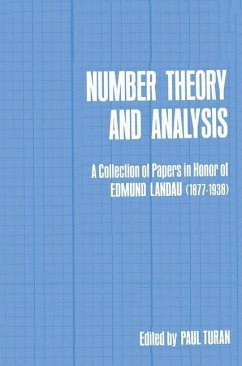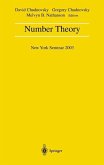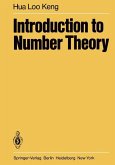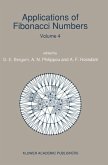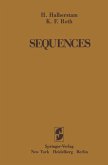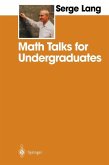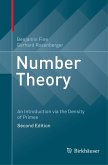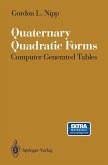February 14, 1968 marked the thirtieth year since the death of Edmund Landau. The papers of this volume are dedicated by friends, students, and admirers to the memory of this outstanding scholar and teacher. To mention but one side of his original and varied scientific work, the results and effects of which cannot be dis cussed here, Edmund Landau performed one of his greatest services in developing the analytic theory of prime numbers from a subject accessible only with great difficulty even to the initiated few to the general estate of mathematicians. With the exception of the work of Chebyshev, Riemann, and Mertens, before Landau the problems of this theory were attempted only in a number of papers which were filled with gaps and errors. These problems were such that even Gauss abandoned them after several attempts in his youth, and they were described by N. H. Abel in a letter of 1823 and by O. Toeplitz in a lecture in 1930 as the deepest part of mathe matics. Clarification first began with the papers of Hadamard, de la Vallee Poussin, and von Mangoldt. At the end ofthe foreword to his work" Handbuch der Lehre von der Verteilung der Primzahlen" which appeared in 1909, Landau could thus remark with complete justification: " . . . The difficulty of the previously unsolved problems has frightened nearly everyone away from the theory of prime numbers.

